With Global Council members: Sommer Dawson and Rickesh Lakhani
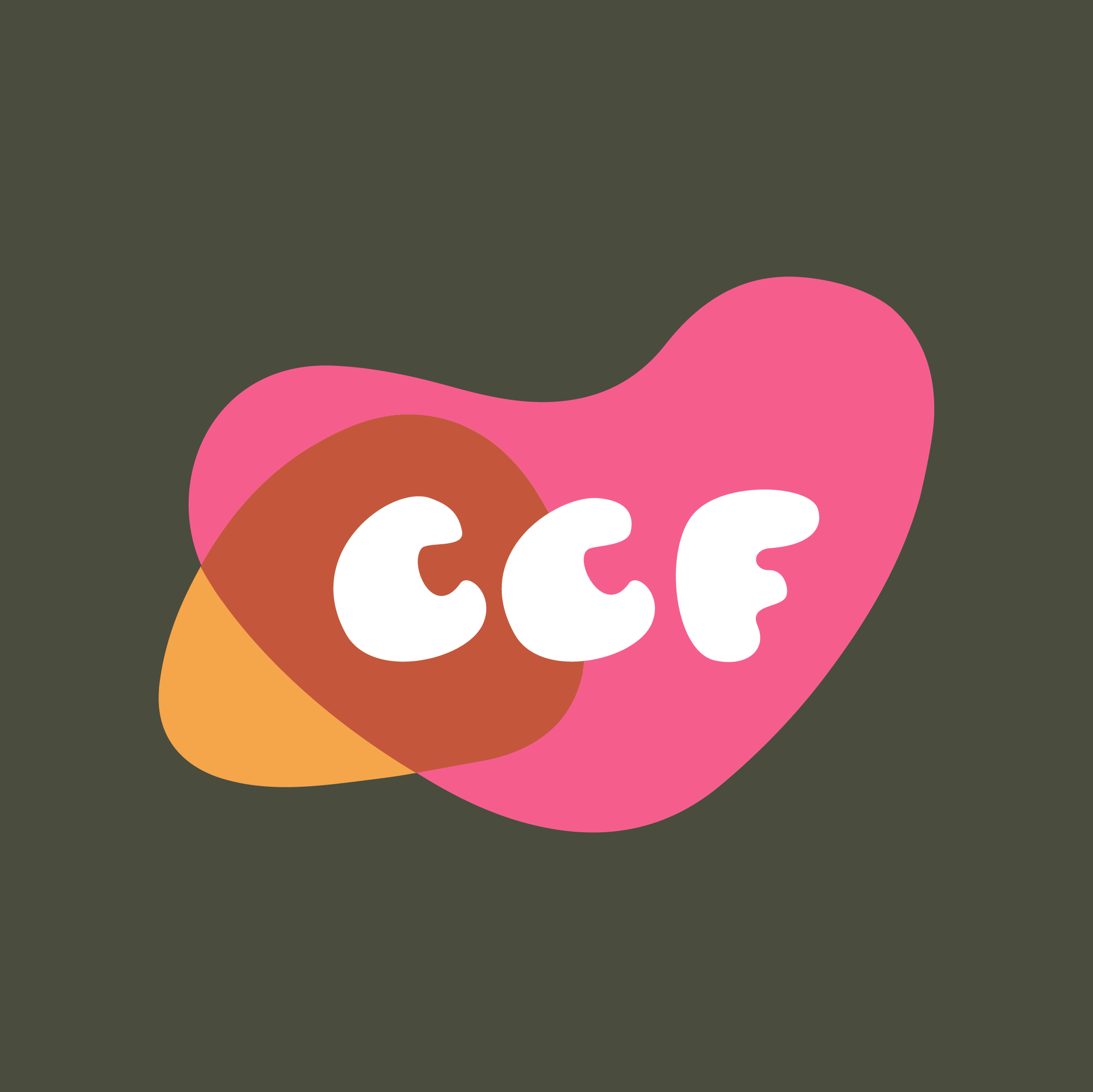 “I took on a role as executive director… came on board and realized that there’s no way that I can kind of shift from being a community-centric fundraiser to not being a community-centric leader, as an executive director. And I just have kind of embraced the role by sort of filtering all my decision making through the lens of community-centric fundraising.”
“I took on a role as executive director… came on board and realized that there’s no way that I can kind of shift from being a community-centric fundraiser to not being a community-centric leader, as an executive director. And I just have kind of embraced the role by sort of filtering all my decision making through the lens of community-centric fundraising.”

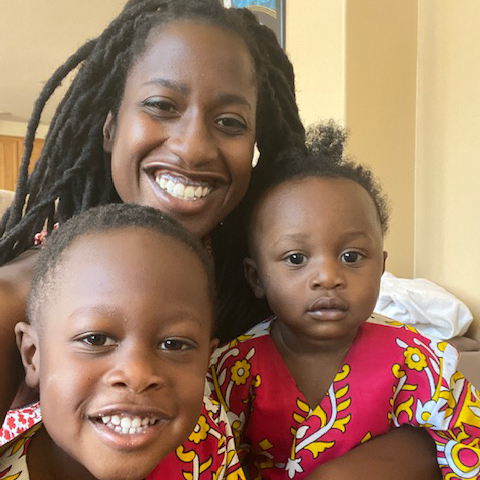 It is easy to feel frustrated when you are passionate about CCF but your workplace does not seem interested or is hesitant to engage. Do not despair! The people where you work might be more aligned than they initially seem.
It is easy to feel frustrated when you are passionate about CCF but your workplace does not seem interested or is hesitant to engage. Do not despair! The people where you work might be more aligned than they initially seem. 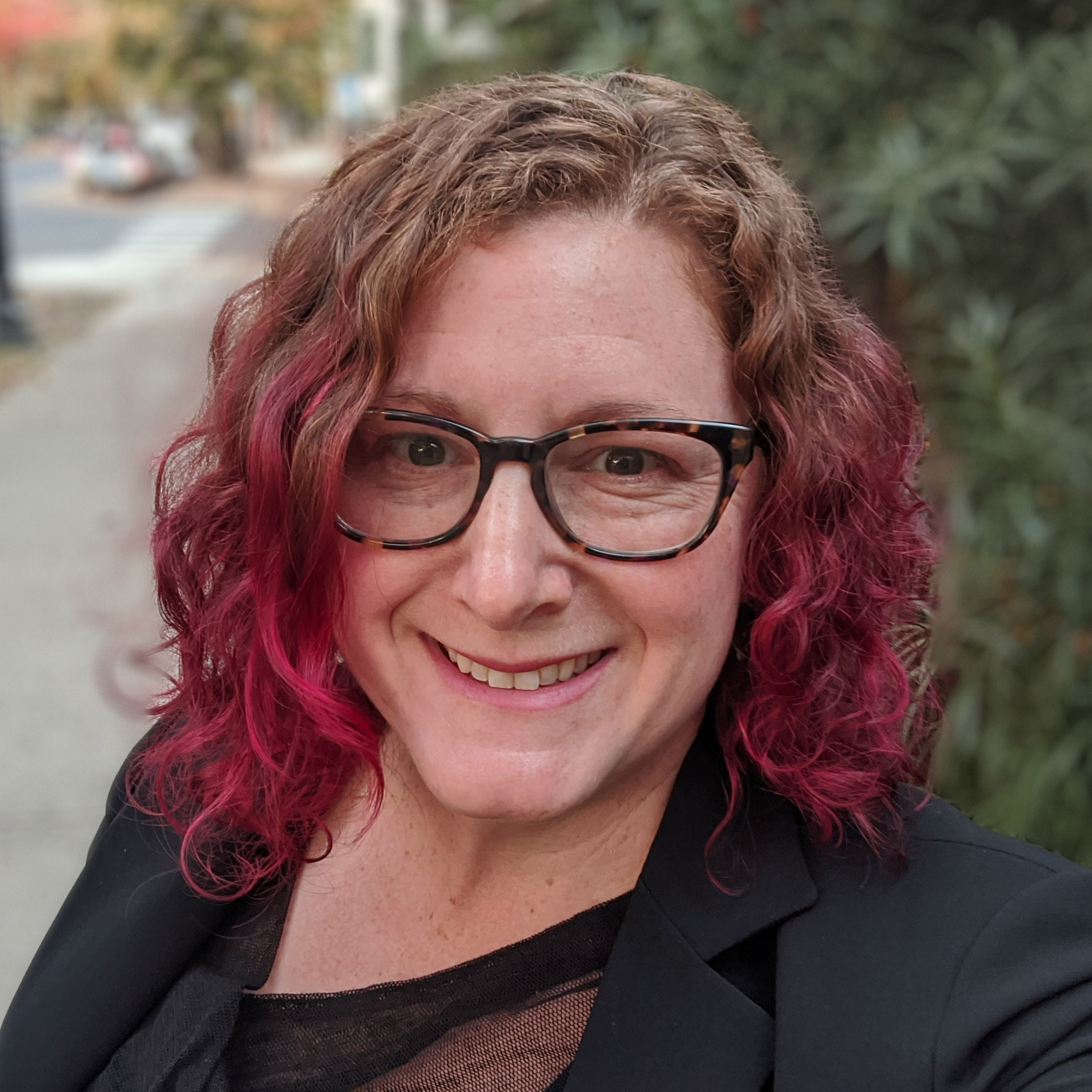 In our pursuit of justice, equity, and liberation, we cannot afford to lose sight of the inherent humanity at the core of our endeavors, even if it feels impossible to raise money any other way—language matters.
In our pursuit of justice, equity, and liberation, we cannot afford to lose sight of the inherent humanity at the core of our endeavors, even if it feels impossible to raise money any other way—language matters.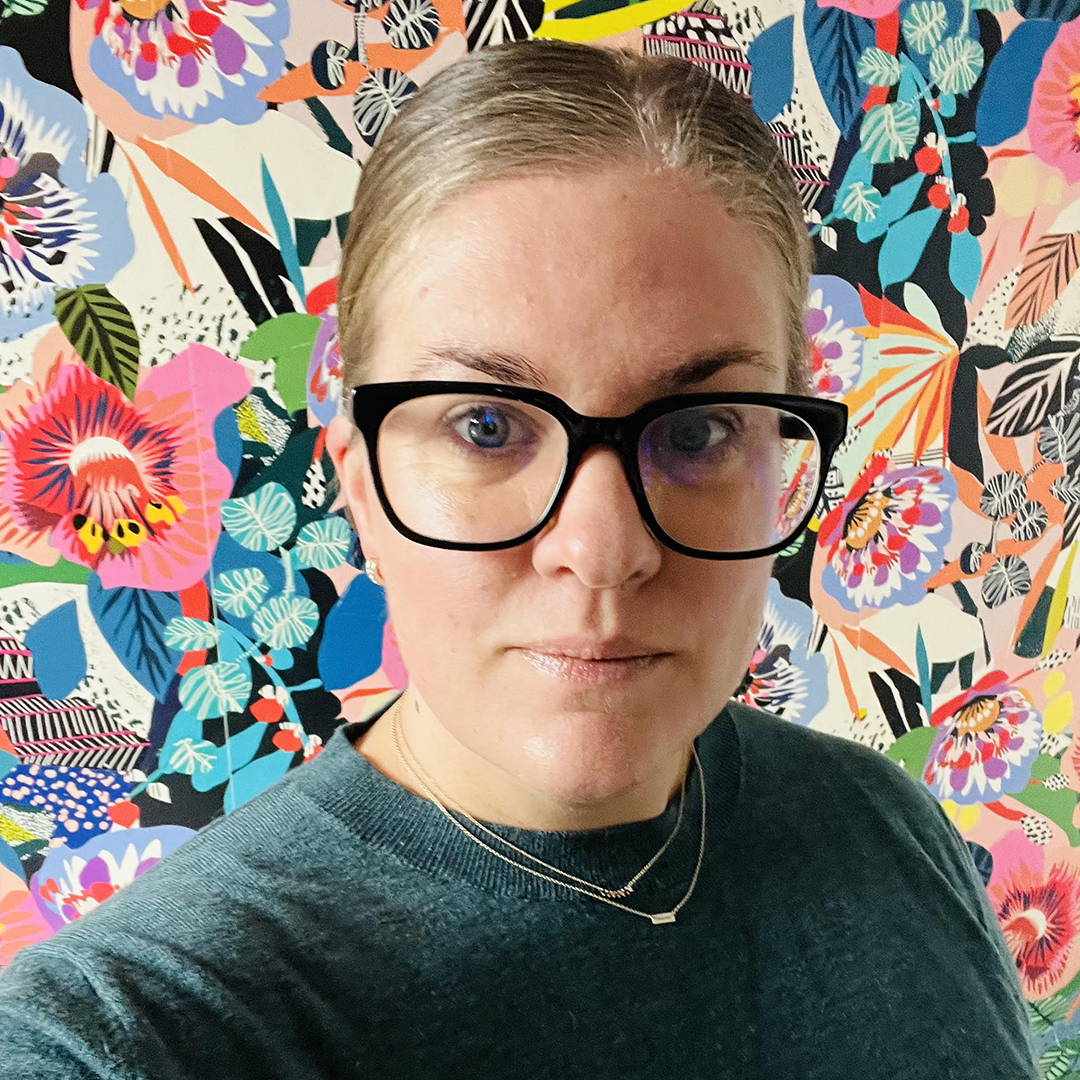 One of the key tenets of Community Centric Fundraising is “Treating Your Donors as Partners” – but where do you start?
One of the key tenets of Community Centric Fundraising is “Treating Your Donors as Partners” – but where do you start?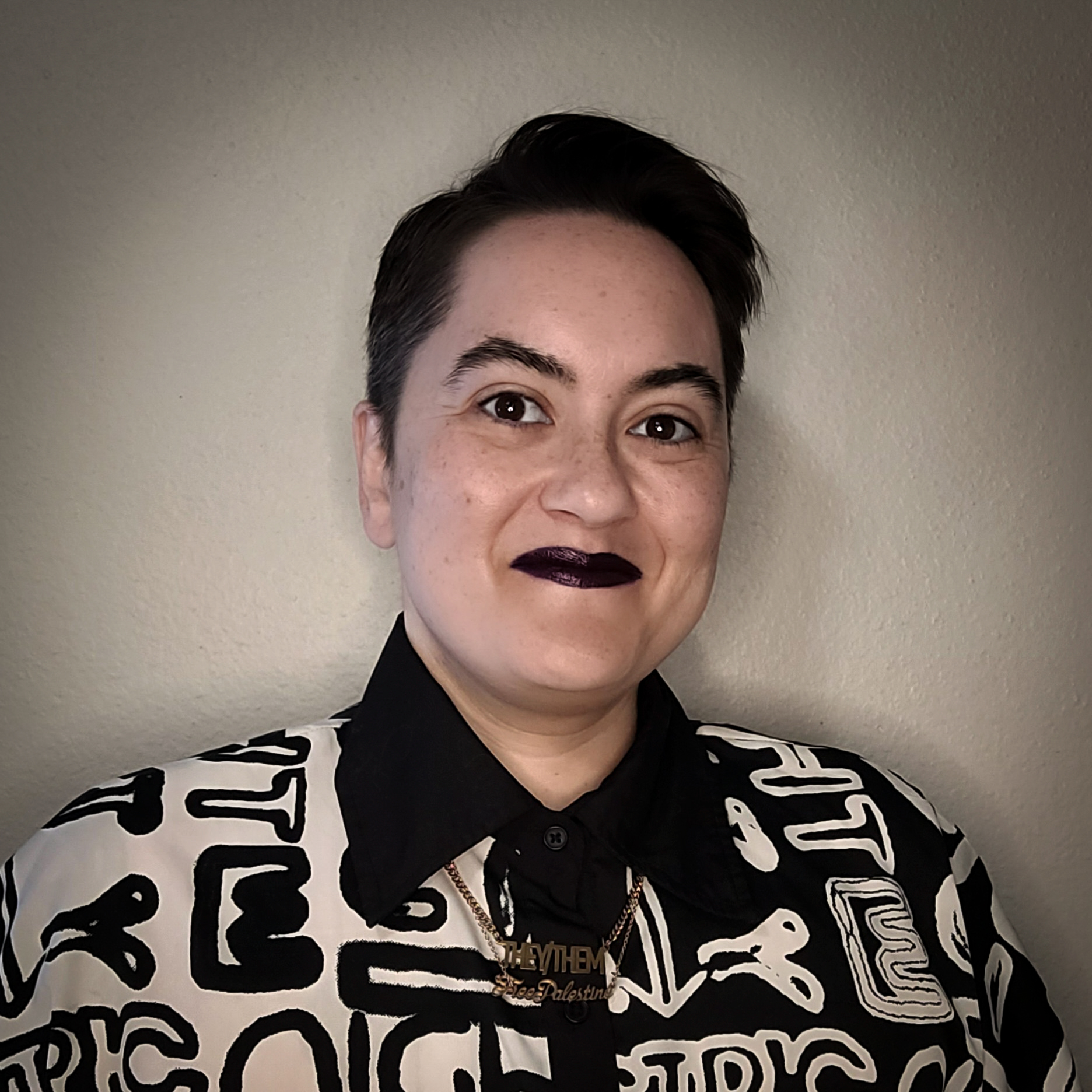 Pinkwashing has become even more despicable and insidious because an ethnostate is using it to justify the genocide of Palestinians. And every member of the 2TLGBIQA+ community must band together to say unequivocally, Not in our name!
Pinkwashing has become even more despicable and insidious because an ethnostate is using it to justify the genocide of Palestinians. And every member of the 2TLGBIQA+ community must band together to say unequivocally, Not in our name! We, as an organization, encourage trauma-informed care for clients. I believe part of why I was hired was my lived experience status. But when I try to bring my full self to my job, I find it unsafe.
We, as an organization, encourage trauma-informed care for clients. I believe part of why I was hired was my lived experience status. But when I try to bring my full self to my job, I find it unsafe. And throughout the past five years, I’ve had this major question persistently nagging at me: why do we, by default, impose hierarchical power structures on work that is specifically meant to distribute power more equitably?
And throughout the past five years, I’ve had this major question persistently nagging at me: why do we, by default, impose hierarchical power structures on work that is specifically meant to distribute power more equitably? Responsible AI must be considered more than a buzzword or a box to check; it is a commitment to developing transparent, equitable, and accountable technology. It means we need an approach to design that considers the inclusion and representation of all stakeholders, particularly those likely to be easily ignored in technological advancements.
Responsible AI must be considered more than a buzzword or a box to check; it is a commitment to developing transparent, equitable, and accountable technology. It means we need an approach to design that considers the inclusion and representation of all stakeholders, particularly those likely to be easily ignored in technological advancements.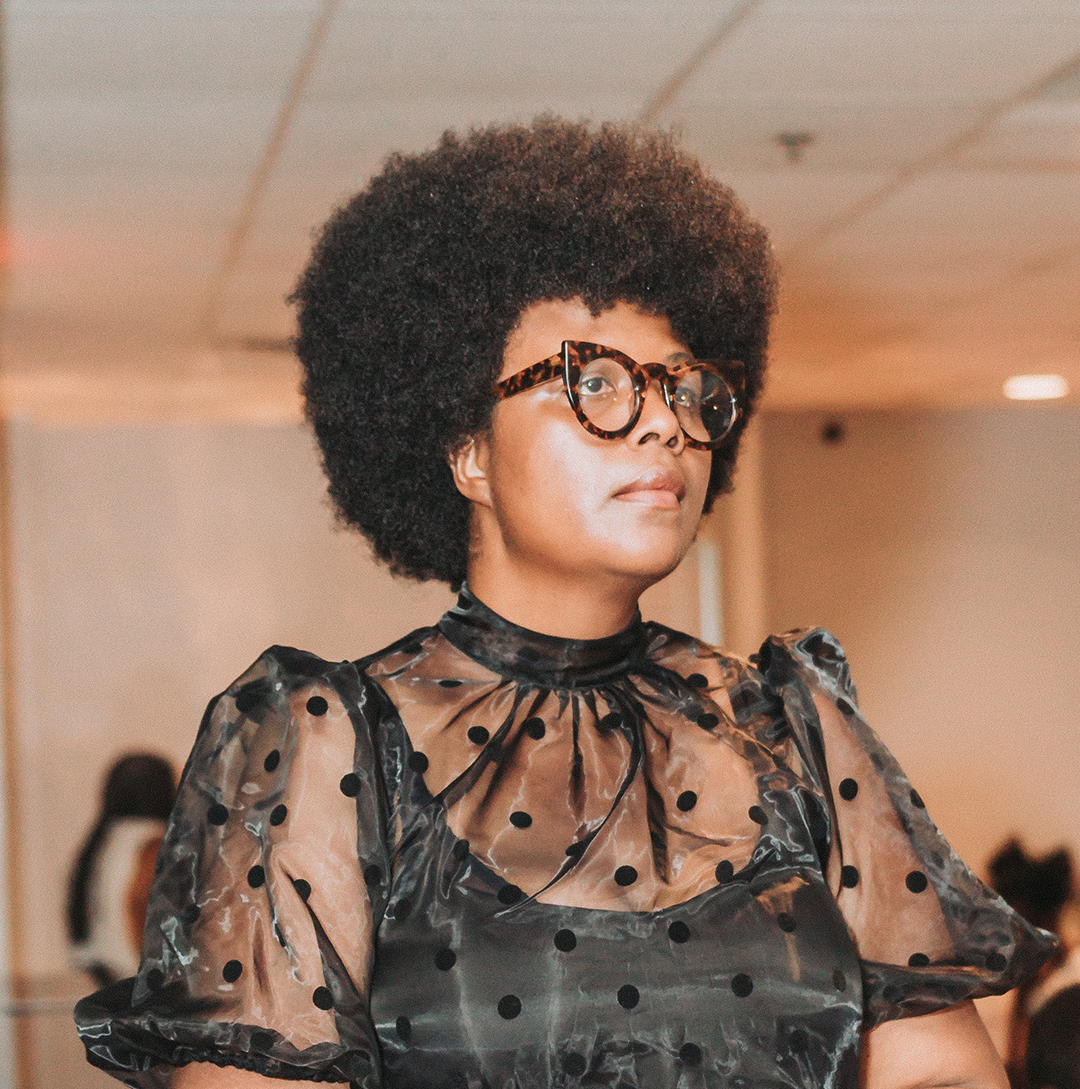 This modern-day multiculturalism claims that it serves a diverse society, but it serves no one but mainstream white interests. This multiculturalism is inherently anti-Black.
This modern-day multiculturalism claims that it serves a diverse society, but it serves no one but mainstream white interests. This multiculturalism is inherently anti-Black.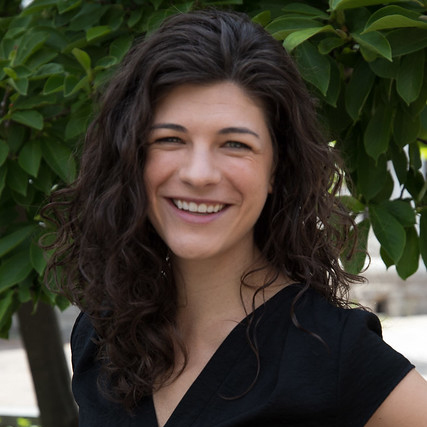 It’s no secret that nonprofits often have to make difficult budget decisions. However, many people don’t realize that these decisions can perpetuate some of the very systems we are trying to dismantle.
It’s no secret that nonprofits often have to make difficult budget decisions. However, many people don’t realize that these decisions can perpetuate some of the very systems we are trying to dismantle. Some women often get so caught up in voicing the injustice they experience that they do not recognize the injustice that they cause their sisters of color or people from other marginalized genders.
Some women often get so caught up in voicing the injustice they experience that they do not recognize the injustice that they cause their sisters of color or people from other marginalized genders.